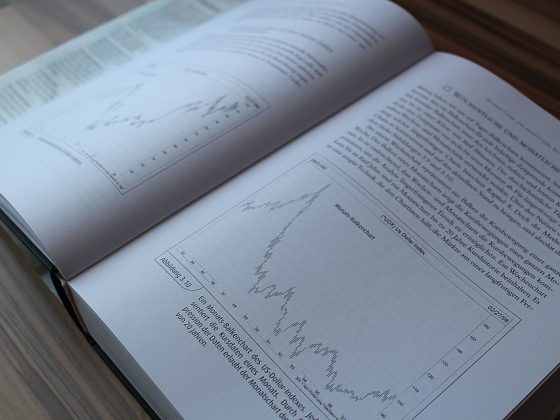Navigating the Complexities of the Economy: A Beginner's Guide
Understanding the economy can be a daunting task for beginners. With its intricate web of interconnected factors, terms, and theories, it can seem overwhelming at first. However, with some basic knowledge and guidance, navigating the complexities of the economy can become much more manageable. In this beginner's guide, we will break down some key concepts and provide tips for understanding and staying informed about the economy.
What is the economy?
At its core, the economy refers to the system of production, distribution, and consumption of goods and services within a society. It encompasses everything from businesses and industries to consumers and government policies. The economy is influenced by a wide range of factors, including supply and demand, inflation, interest rates, and global markets.
Key concepts to understand
Gross Domestic Product (GDP): GDP is a measure of a country's economic output. It represents the total value of all goods and services produced within a country during a specific period of time (usually a year). A growing GDP is generally seen as a sign of a healthy economy.
Inflation: Inflation refers to the rate at which prices for goods and services rise over time. It can erode the purchasing power of consumers and impact overall economic stability. Central banks often try to control inflation through monetary policy.
Unemployment rate: The unemployment rate measures the percentage of people in the labor force who are without a job but actively seeking work. A high unemployment rate can indicate economic downturn, while a low rate may suggest a strong economy.
Interest rates: Interest rates are set by central banks and influence borrowing costs for consumers and businesses. Higher interest rates can slow economic growth by making it more expensive to borrow money, while lower rates can stimulate spending and investment.
Supply and demand: The relationship between supply (the amount of a good or service available) and demand (the desire for that good or service) plays a crucial role in shaping prices in the economy. When supply exceeds demand, prices tend to fall, and vice versa.
Tips for navigating the economy
Stay informed: Keeping up-to-date with economic news and trends is crucial for understanding the state of the economy. Follow reputable sources such as The Wall Street Journal, Bloomberg, and the Financial Times to stay informed.
Diversify investments: Diversification is a key strategy for managing risk in the economy. By spreading your investments across different asset classes (such as stocks, bonds, and real estate), you can potentially reduce the impact of economic downturns on your portfolio.
Understand personal finance: A solid understanding of personal finance basics, such as budgeting, saving, and investing, can help you navigate the economy more effectively. Consider working with a financial advisor to develop a personalized financial plan.
FAQs
Q: What is the role of the government in the economy?
A: The government plays a key role in regulating and managing the economy. It sets policies on taxes, spending, and monetary policy to influence economic growth, inflation, and employment levels. Government intervention can help stabilize the economy during times of crisis.
Q: How does the global economy affect individual countries?
A: In an increasingly interconnected world, the global economy has a significant impact on individual countries. Trade, investment, and exchange rates are just a few of the ways in which global economic trends can influence national economies. Economic crises in one country can also have ripple effects around the world.
Q: How can I protect myself during economic downturns?
A: During economic downturns, it's important to have a financial safety net in place. This may include an emergency fund, diversified investments, and a budget that allows for flexibility. Staying informed about economic trends and seeking advice from financial professionals can also help you navigate uncertain economic times.
In conclusion, navigating the complexities of the economy as a beginner may seem daunting, but with some basic knowledge and guidance, it can become more manageable. By understanding key concepts such as GDP, inflation, and interest rates, staying informed about economic news, and following sound financial practices, you can better navigate the ups and downs of the economy. Remember to diversify your investments, understand personal finance, and be prepared for economic downturns to protect yourself and your finances.











